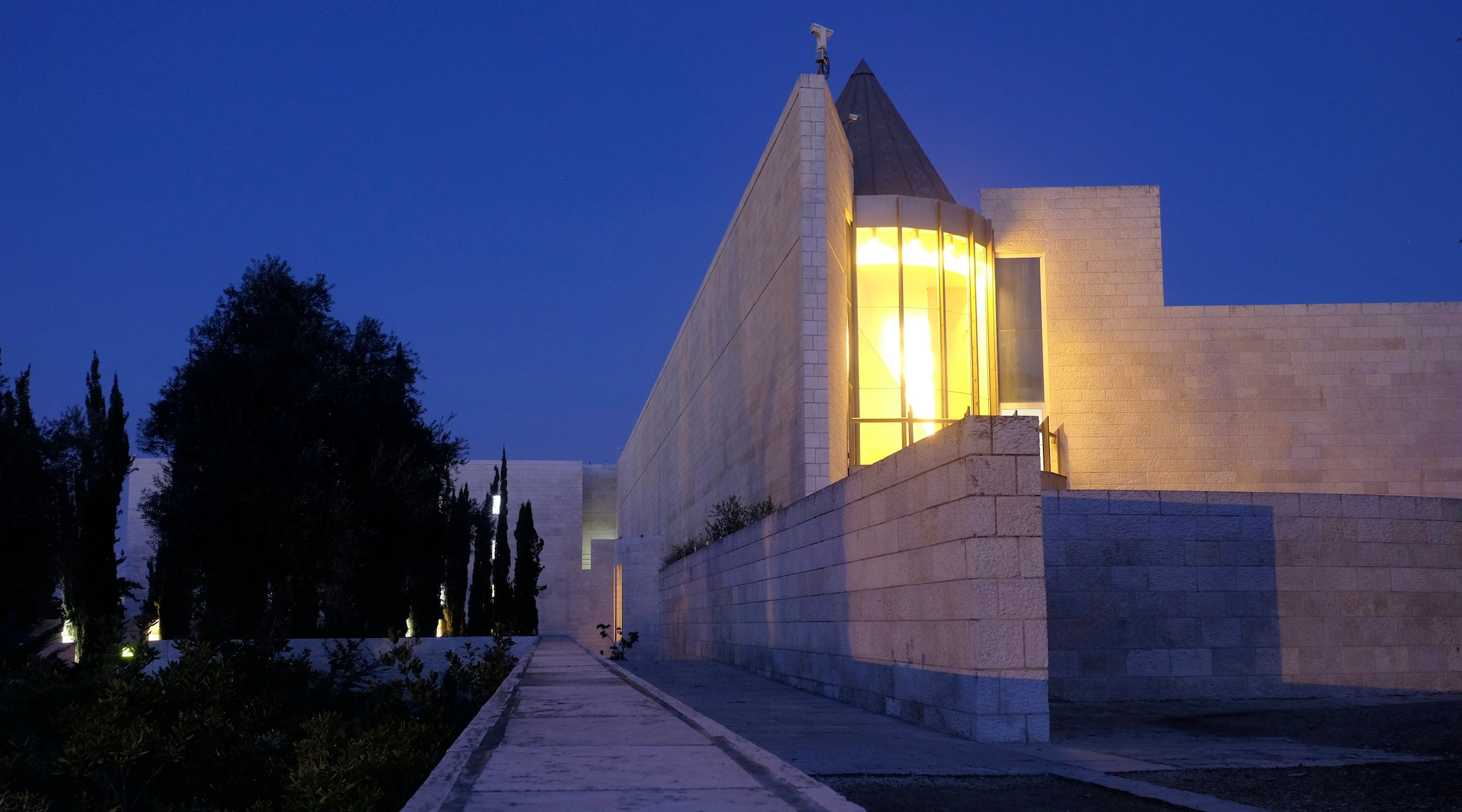((JEWISH REVIEW)) — Israel’s Supreme Court upheld an earlier ruling that the non-Jewish widows of the children and grandchildren of Jews may emigrate to Israel under its Law of Return.
The 4-3 ruling this week was an example of the court’s role in determining Israeli policy, a capacity that Prime Minister Benjamin Netanyahu’s government had sought for months to diminish prior to the outbreak of Israel’s war with Hamas on Oct. 7. Critics of the judicial overhaul contended that sapping the judiciary of its power endangered Israeli democracy.
The ruling is also a victory for those who want Israel to extend the rights and privileges of citizenship to a broader range of Jews and their relatives.
Israel’s Population Authority, an agency of the Interior Ministry which is led by the haredi Orthodox Shas Party, had recognized the Law of Return as extending only to the non-Jewish widow of a Jew, and not the widows of their progeny.
Spouses of living children and grandchildren of Jews are eligible to immigrate, and the Israeli branch of the Reform movement argued to the court that immigration rights should also extend to the widows of children and grandchildren of Jews. The widows and widowers lose the right to citizenship if they get remarried to non-Jews
In 2021, a smaller High Court panel had ruled in favor of the Reform movement, and the Population Authority pushed for the matter to be considered by a larger panel.
The Law of Return has governed Jewish immigration to Israel for almost all of the state’s history. It extends the right of automatic citizenship to anyone who has one Jewish grandparent of either gender.
Orthodox Jewish parties have for decades sought for the law to hew closer to the definition of Jewish identity under halacha, or Jewish law, which recognizes only the children of Jewish mothers as Jewish, in addition to those who convert.
“I am pleased that the court reiterated to the Population Authority that the Law of Return is intended for anyone who has tied their fate to the Jewish people, and that it must be understood in a national sense, not just religiously according to Orthodox interpretation of Jewish law,” said Nicole Maor, the director of the Israeli Reform movement’s legal aid center for immigrants..
Orthodox parties in Netanyahu’s coalition had hoped to restrict the court’s authority over a range of issues including immigration as part of Netanyahu’s sweeping judicial overhaul, which brought hundreds of thousands of protesters into the streets for months on end.
Hamas’s deadly invasion of Israel from the Gaza Strip last month led Netanyahu to broaden his coalition, bringing in an opposition party that had opposed the reforms, and to the suspension of the overhaul effort.




